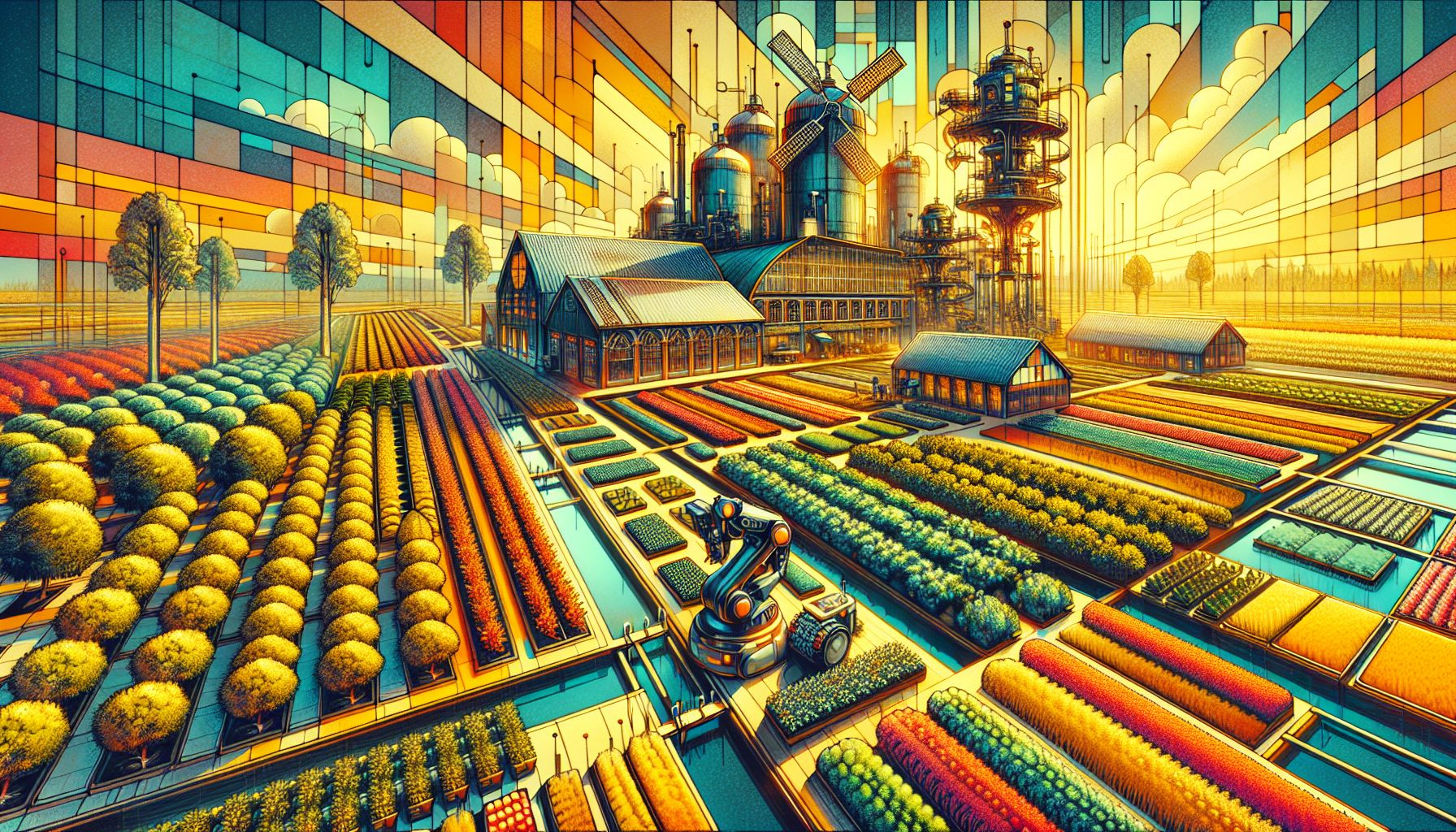Dutch Agritech Innovations Drive Sustainable Protein Production Revolution

Netherlands, Tuesday, 11 February 2025.
Dutch agritech companies are leading sustainability efforts in protein production, aiming to reduce environmental impact amid rising consumer demand by promoting plant-based alternatives over traditional meat.
National Protein Transition Goals
The Netherlands has set ambitious targets for protein consumption transformation, with the Dutch Ministry of LVVN aiming for a 50% plant-based and 50% animal-based protein distribution by 2030, while the Health Council advocates for an even more ambitious 60% plant-based target [1]. Major retailers are already aligning with these goals, as evidenced by Ahold Delhaize’s recent announcement of a 50% plant-based food sales target for their European operations by 2030 [4].
Innovative Digital Solutions
Dutch technology is playing a crucial role in changing consumer behavior towards sustainable protein consumption. The Fork Ranger app, developed in the Netherlands, has demonstrated remarkable success in shifting dietary patterns. The app, which has garnered over 10,000 downloads, has led to a 73 percent reduction in meat consumption among its users, with nearly half of omnivorous users reporting positive dietary changes [2]. Creator Frank Holleman emphasizes that the platform creates ‘an open space where we talk about what we eat and its impact without judgement’ [2].
Research and Development Initiatives
Wageningen University & Research is spearheading efforts to develop groundbreaking technologies that accelerate the protein transition [7]. The ‘Bean Deal’ initiative, involving 56 Dutch stakeholders, focuses on increasing the cultivation and consumption of protein-rich crops [6]. This collaborative effort is supported by innovative projects like Dutch Protein Farmers, which aims to enhance the economic viability of locally produced protein crops through cooperative farming approaches [6].
Consumer Health and Market Impact
Recent research from Dutch institutions indicates that the transition to plant-based proteins can be achieved while maintaining nutritional adequacy. A comprehensive study found that even with complete replacement of animal meat with plant-based alternatives, protein adequacy remained sufficient for 86% of the Dutch adult population [5]. To support this transition, organizations like Foodvalley NL are collaborating with Rabobank to enhance local protein production and consumption infrastructure [6].
Bronnen
- www.foodlog.nl
- www.greenqueen.com.hk
- www.orangecorners.com
- newsroom.aholddelhaize.com
- www.sciencedirect.com
- foodvalley.nl
- www.wur.nl

